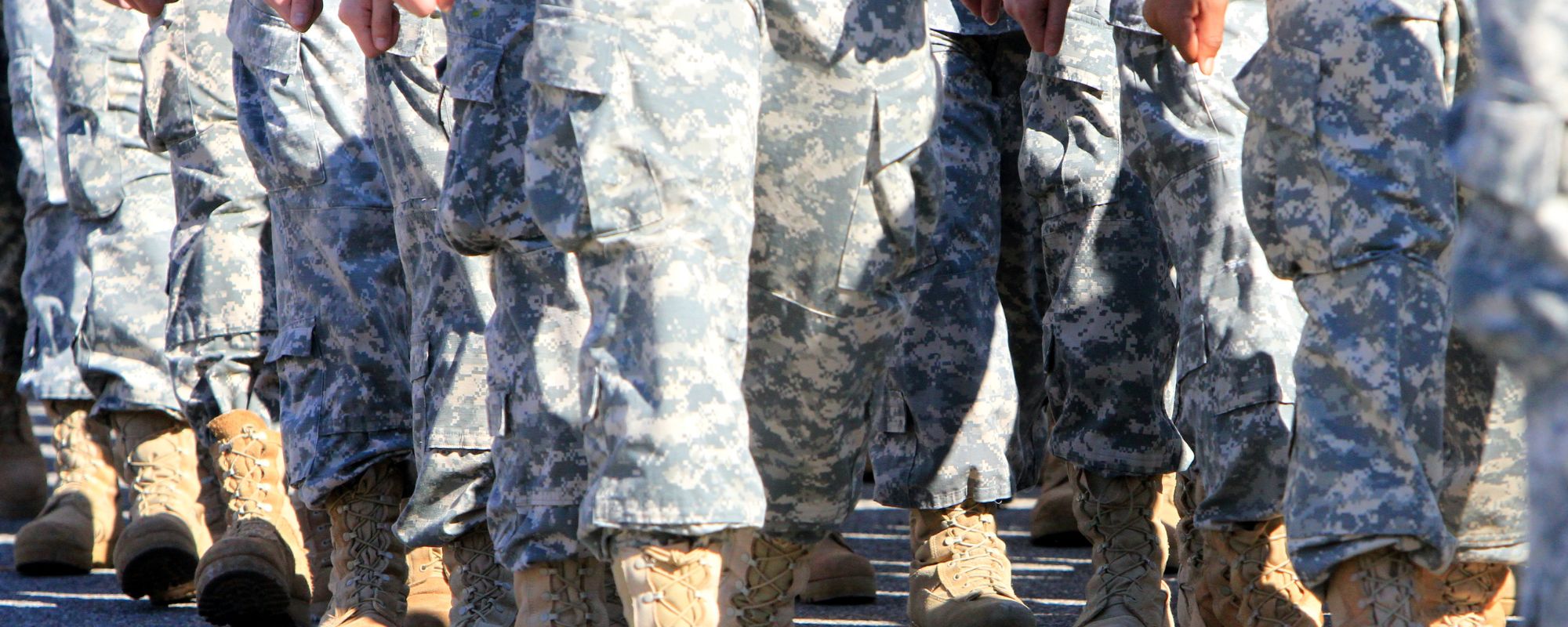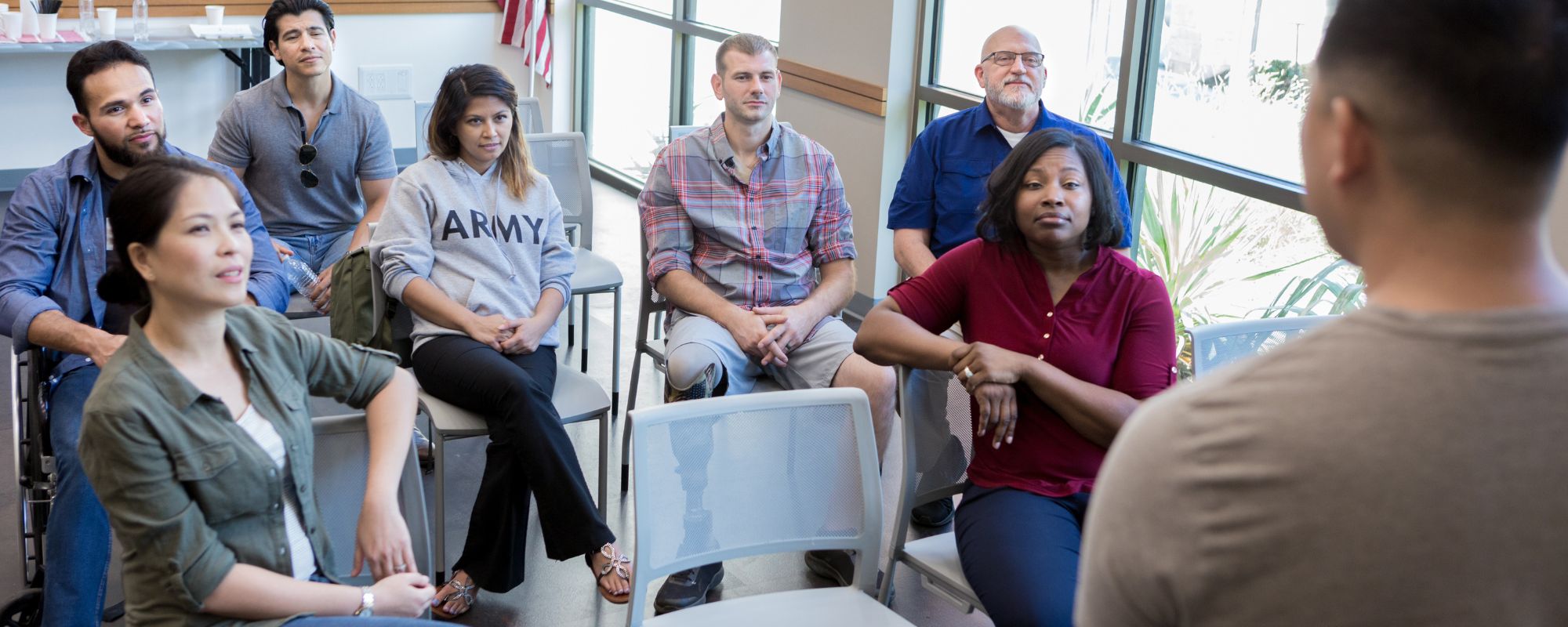At Aliya Veterans, we recognize that military service leaves lasting emotional and psychological effects on those who have served. One of the most common and devastating challenges many veterans face is Posttraumatic Stress Disorder (PTSD). PTSD is not just an emotional wound—it’s a mental health condition that can affect veterans long after they leave active duty. However, healing is possible through specialized care, and working with an experienced PTSD therapist can significantly help veterans reclaim control over their lives.
Understanding PTSD and Its Impact on Veterans
PTSD occurs after experiencing or witnessing traumatic events, and for veterans, these events can include combat, injuries, loss of comrades, or prolonged exposure to stressful environments. Trauma and PTSD are often closely intertwined, as unresolved trauma can lead to the development of PTSD. The symptoms of PTSD can manifest in various ways, including:
-
PTSD anxiety, hypervigilance, and fear
-
Flashbacks or intrusive thoughts about the traumatic experience
-
Emotional numbness and detachment from others
-
PTSD-related depression and sleep disturbances
-
Difficulty concentrating and irritability
The impact of these symptoms can be devastating, affecting relationships, careers, and overall quality of life. But there is hope. Trauma therapy and specialized PTSD treatment can help veterans confront their traumatic memories and learn how to live with the aftermath of trauma.
Get confidential help from our addiction and mental health treatment facilities located across the United States. Call to join one of our quality programs today!
Speak With Our Admissions Team
The Role of PTSD Therapists in the Healing Process
PTSD therapists are mental health professionals trained to help veterans address the psychological and emotional impact of their military service. Working with a trauma therapist allows veterans to explore their experiences in a safe and supportive environment. These therapists employ a variety of therapeutic approaches to treat PTSD, including:
-
EMDR Therapy (Eye Movement Desensitization and Reprocessing)
-
Cognitive Processing Therapy (CPT) and Cognitive Behavioral Therapy (CBT)
-
Dialectical Behavior Therapy (DBT)
Each of these therapies has its strengths, and a trauma and PTSD therapist will work with the veteran to determine the most effective treatment plan for their needs.
Exploring Therapy Techniques for PTSD
-
EMDR Therapy: EMDR is a highly effective treatment that helps individuals reprocess and heal from traumatic memories. During EMDR, the therapist uses bilateral stimulation (such as eye movements or tapping) to help the brain reprocess memories in a way that reduces their emotional charge. This therapy is particularly helpful for veterans struggling with flashbacks or intrusive memories.
-
Cognitive Processing Therapy (CPT): This is a type of cognitive processing therapy that focuses on helping veterans identify and change unhelpful thought patterns related to their trauma. It can be particularly beneficial for individuals struggling with PTSD anxiety or feelings of guilt and shame.
-
Dialectical Behavior Therapy (DBT): DBT is often used to treat PTSD alongside other co-occurring mental health conditions, such as anxiety disorders or depression. It teaches coping strategies for managing intense emotions, improving emotional regulation, and enhancing interpersonal relationships.
-
Cognitive Behavioral Therapy (CBT): CBT is a proven technique that helps people challenge negative thought patterns that contribute to PTSD and PTSD-related anxiety. It can also be used to address PTSD, anxiety, depression, and difficulty coping with daily stressors.
PTSD Treatment Programs: What to Expect
There are several treatment programs designed to address the specific needs of veterans suffering from PTSD. These programs may include:
-
Individual Therapy: One-on-one sessions with a trauma therapist to work through traumatic memories and develop healthy coping mechanisms.
-
Group Therapy: Participating in group therapy with other veterans can provide a sense of camaraderie and shared experience. Group therapy also helps individuals practice social skills and build resilience together.
-
Residential or Intensive Outpatient Programs: These programs are designed for veterans who need more intensive care and support for PTSD and related issues like PTSD anxiety or depression.
A comprehensive PTSD treatment plan may involve a combination of these therapies, tailored to the specific needs and experiences of the veteran.
Looking for quality treatment for substance abuse and mental health that’s also affordable? Aliya Veterans treatment facilities accept most major insurance providers. Get a free insurance benefits check now!
Check Your CoverageWhy Specialized Trauma and PTSD Therapy Matters
Veterans’ experiences with trauma are unique, and it’s important that they work with trauma and PTSD therapists who are trained to understand the complexities of military service and its impact on mental health. Trauma therapists who specialize in PTSD offer critical support in processing emotions, managing symptoms, and rebuilding lives affected by posttraumatic stress disorder PTSD.
The right therapist can help veterans develop the skills to manage their PTSD anxiety, reconnect with loved ones, and create a healthier, more fulfilling life after trauma.
The Path to Healing: Next Steps
If you are a veteran struggling with PTSD or related issues, it’s essential to seek out support. The first step is often the hardest, but taking action is key to healing.
Here’s how you can get started:
-
Consult with a PTSD Therapist: Reach out to a specialized therapist at Aliya Veterans who understands trauma therapy and can guide you through the healing process.
-
Choose a Treatment Program: Your therapist will work with you to create a personalized treatment plan, which may include therapies like EMDR therapy, Cognitive Processing Therapy, and Dialectical Behavior Therapy.
-
Commit to Your Healing Journey: Recovery from PTSD takes time and effort, but with the right treatment, it is possible to regain a sense of peace and purpose.
Conclusion: You Don’t Have to Face PTSD Alone
At Aliya Veterans, we’re here to support you in every step of your healing journey. Working with trauma and PTSD therapists who specialize in PTSD treatment can significantly improve your mental health and overall well-being. If you’re ready to begin healing, contact us today to learn more about our tailored treatment programs designed for veterans living with PTSD and PTSD-related anxiety.


- Pill Mills: What Veterans Need to Know About a Dangerous Practice - January 28, 2026
- Trauma and Addiction: Understanding the Connection and Paths to Healing - January 27, 2026
- Rehab Centers for Veterans: Healing from PTSD and Addiction - January 26, 2026













